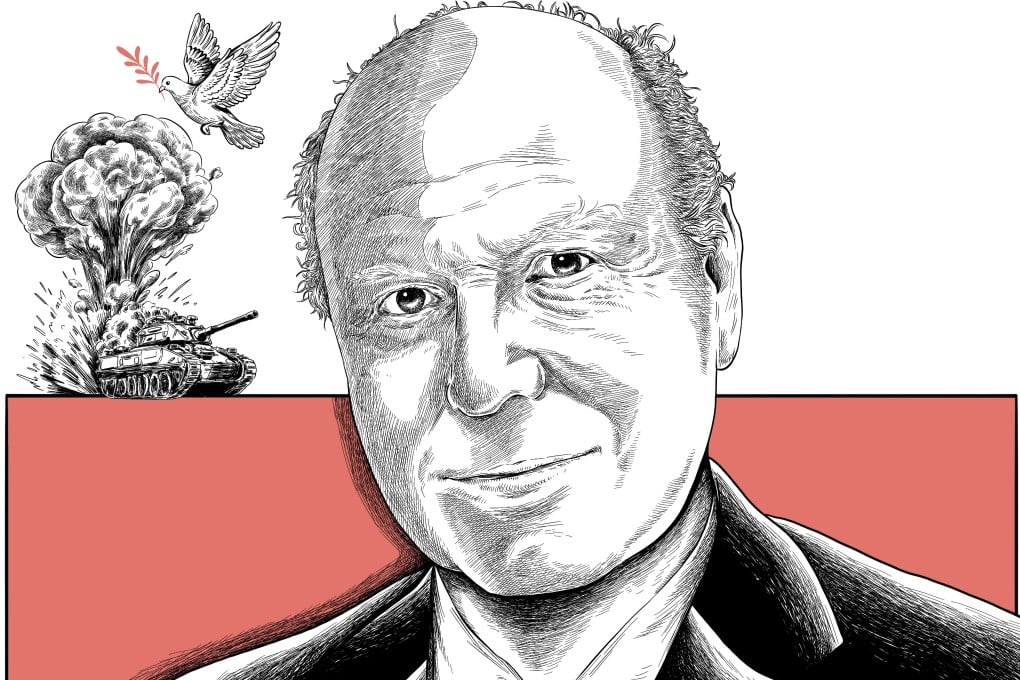Open Questions | Historian Jay Winter on why we aren’t heading towards WWIII yet and how wars have changed
US historian Jay Winter explains how the nature of war shifted after WWI and WWII, and what that means for the world today

What lessons from World War I and World War II are most relevant to today’s world?
The first and second world wars saw a transformation in the nature of war. Before 1914, war was primarily an armed conflict between military groups of nations and empires; armies or armed groups fought similarly organised and uniformed soldiers of other nations and empires.
The objective was for one armed group to put its force in the field and to use violence to persuade the other side to surrender. When one side gave up, war came to an end. The political outcome of war was straightforward: to give political form to military victory.
He wrote a wonderful book, On War. That book described a great deal about the nature of warfare until the first and second world wars, when everything changed.
In WWI, the interwar years and WWII, what happened was that war mutated. While it still was an armed conflict between national or imperial groups, it evolved into a different kind of conflict, in which the central armed action was violence against civilians.